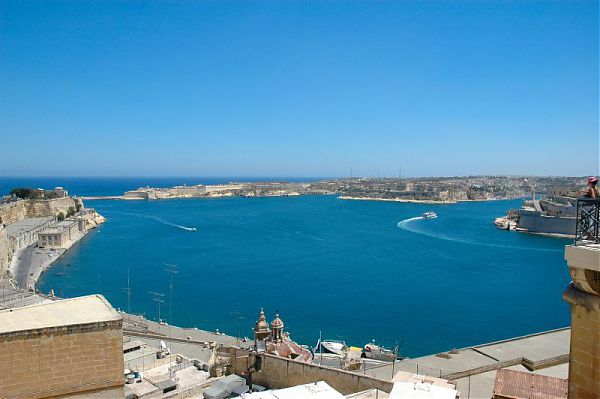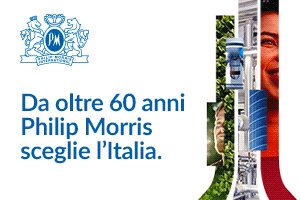A week from the elections that will see the citizens of the archipelago state elect their representatives to the European Parliament and the local councils (the equivalent of Italian municipalities), the electoral battle continues amid crossed attacks, rallies and particular initiatives put in place by some candidates.
Parliamentary activity was suspended until after the election at the initiative of the majority, a choice motivated by the fact that participation in parliamentary sessions was considerably diminished due to the numerous campaign activities. The opposition strongly criticized this choice, defined by the leader of the Nationalist Party Adrian Delia as a move that endangers the country’s democracy. Among the accusations made against the majority, also the fact that the decision was taken suddenly, without prior discussion with the opposition, and on the eve of an important parliamentary debate that provided for the discussion on the finances and on the work done by the Embryo Protection Authority.
The Labour Party, frontrunner in the polls, has implemented a particularly intense campaign, full of activities that have involved – or will involve in the coming days – all the towns of the country. Prime Minister Joseph Muscat is dedicating himself to these initiatives, accompanied from time to time by prominent members of the party, together with candidates for the European elections and for local councils.
The Nationalist Party, divided internally and with a leadership that cannot hold the party together, continues to show its difficulties even during the electoral campaign.
The local media have highlighted, on several occasions, the disparity in spending between parties, with the Labour Party investing more resources than the Nationalist Party, and even among candidates. Some of the latter have put in place very specific initiatives. For example, two candidates organized a lottery. The first prizes are a car and a vacation, respectively.
The difference in investment in the electoral campaign reflects the state of finance of the two main parties. In particular, the Nationalist Party is also facing a period of financial crisis, while the Labour Party has more economic resources, which also derive from the citizens’ great response to fundraising organized by the majority party.
Just seven days from the vote, the polls are stable, and predict a clear victory for the Labour party, expected to win – for the first time – four of the six Maltese seats in the European Parliament. The Labour Party is affiliated with European socialists, while the Nationalist Party identifies itself with the European People’s Party, which currently holds a majority in the Strasbourg Assembly. The elections in Malta will take place on Saturday 25 May 2019.
(ITALPRESS/MNA)














